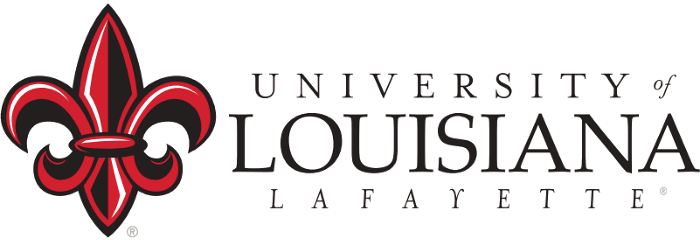QM’s concept of continuous improvement means that our work as educators is never done. But achieving QM Certification for a course is perhaps the most important moment along this path: the confirmation of a higher level of consistency, accessibility, inclusivity, and user experience. The demonstration of a commitment to creating learning environments that set our learners up for success. QM Certification, and the course reviews that lead to it, help educators to improve, learners to succeed, and institutions to prove their quality to future and present students and stakeholders.
For Austin Community College (ACC) and The University of Louisiana at Lafayette (UL Lafayette), QM Course Reviews for certification are a key part of institutional growth on two levels: the achievement of certification and the review process itself. Both of these elements have made a significant impact for learners, educators and enrollment strategy for the two institutions.
Austin Community College

Austin Community College adopted Quality Matters QA processes in 2018. Since then, the institution has submitted more than 90 courses for QM Course Review for Certification, including 27 this year. For ACC, QM professional development is a primary driver of faculty investment and engagement in quality assurance — common challenges for instructional design departments. The institution’s faculty take the Applying the Quality Matters Rubric workshop, which Marisa Mejia, Manager of Instructional Design refers to as a “launching point,” to develop an initial comprehension of the “why” and “how” of quality assurance. From there, courses undergo internal reviews, helping faculty understand how the QM quality assurance framework applies to their specific work, and finally, course reviews for certification at the instructor’s discretion.
ACC has enjoyed a 7% increase in learner success since 2019, which Marisa says “can be directly attributed to the process and quality checks completed by the instructional designers and the implementation of the Quality Matters Rubric and review process.” The institution has also noticed that “beginning with this process has led to long-lasting supportive relationships between faculty and instructional designers,” and sees the review process as an extension of its professional development efforts, since faculty learn so much through the review preparation and review feedback phases.
UL Lafayette

UL Lafayette has successfully had more than 50 of its courses certified since 2021. “QM reviews enable us to ensure that our online and hybrid courses meet national standards and provide a consistent experience for our students,” says Francesco Crocco, Assistant Director for Instructional Support for the Office of Distance Learning. The institution credits this success to its focus on underpinning the review process with collaboration and support. Its new model, which incorporates lessons learned from its initial engagement in course reviews, groups faculty into cohorts and provides deeper long-term support. This has resulted in a major increase in the number of courses certified and the scores received in reviews. This overhaul was the subject of the university’s presentation at the recent QM Connect conference.
The Benefits of Certification
Why undergo this process? For both institutions, the benefits of certification have been obvious across campus. UL Lafayette faculty have come to appreciate the positive impact their quality assurance work has had on their courses. “Faculty have shared that they incorporate the QM reviewer feedback as they revise other courses in future semesters," says Francesco. “They have also expressed excitement about sharing their QM Review experience within their departments and helping colleagues prepare for future reviews. Our faculty are engaged and appreciative throughout the process, and we honor their participation at an annual recognition ceremony on campus.”
Once an institution’s courses start achieving QM Certification, they can begin to take advantage of one of the biggest benefits of QM Reviews — the ability to promote institutional quality to the outside world. By leveraging the hard work spent achieving QM Certification, institutions have clear evidence to prove to prospective learners and stakeholders how serious they are about online course quality. Many institutions fail to take advantage of this potential marketing tool, a missed opportunity referred to as “quiet quality” in 2023’s CHLOE 8 Report. For those interested in exploring this option more, QM provides tools for using your quality assurance work for promotion, such as the QM PR templates.
Ready to take the next step for your learners, faculty and institution? Start your course review for certification today.
